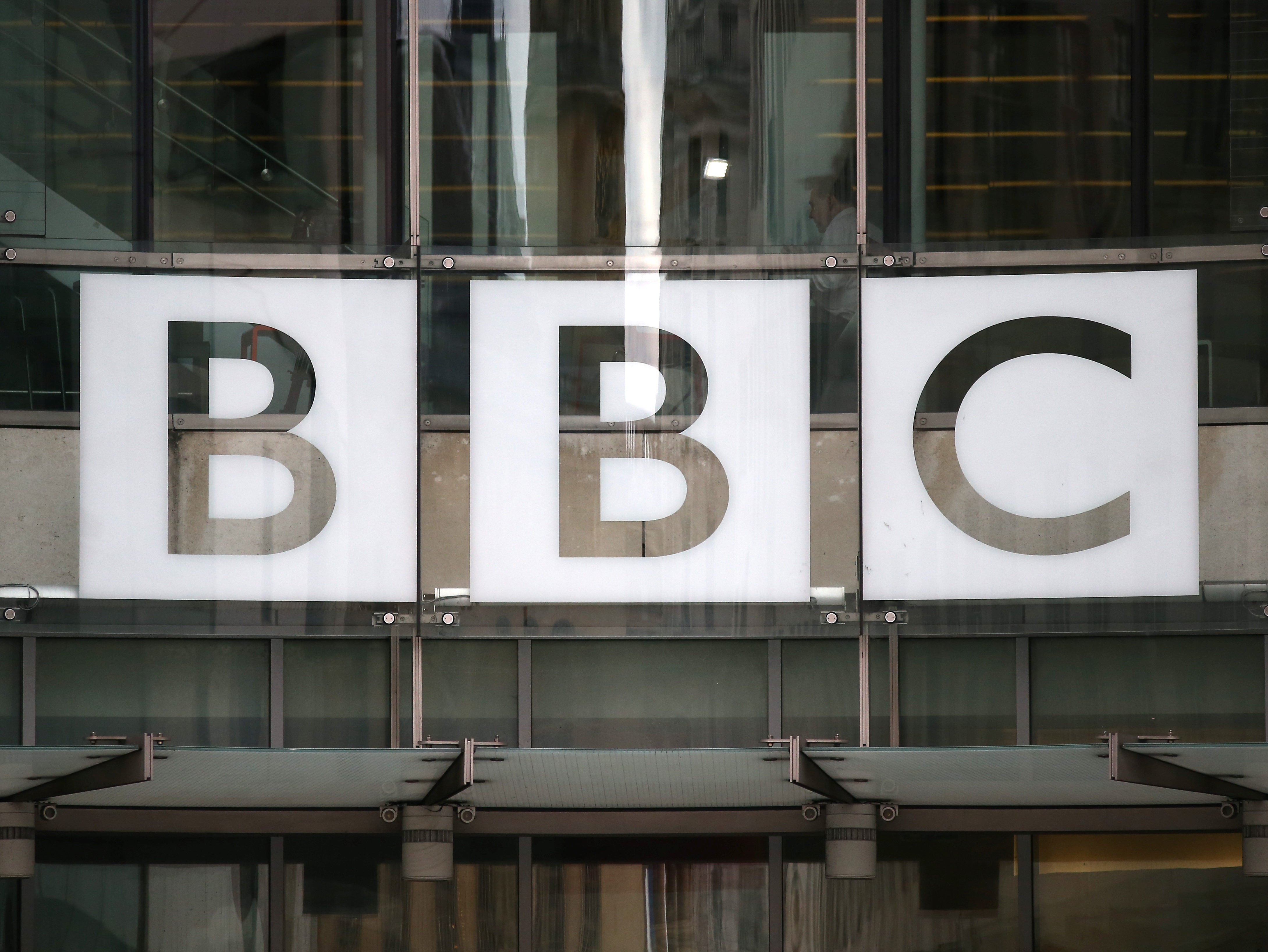
The BBC Women group has told MPs it believes the corporation has, over many years, “failed to pay men and women equally for equal work” in breach of equality legislation.
In written evidence submitted to the Digital, Culture, Media and Sport Select Committee, the group of more than 170 broadcasters and producers said it had “no confidence” in the pay audit of on-air talent which is set to be published by the BBC today.
The audit follows that of rank and file staff at the corporation last year which revealed a 9 per cent gender pay gap favouring men.
You've reached your limit of free articles
Please register now to continue reading
Already registered? Log in here
